After All These Years (1994)
Gênero : Documentário
Runtime : 1H 24M
Director : Ricardo Franco
Sinopse
Twenty years after having talked about death, the world and their problems in "El desencanto", the Panero brothers reflect about their actual situation at the moment and what has happened since the last movie.

Jose Antonio Amor co-stars with Sonia Bruno and Maria Blanco in this comedy drama about a married man with three children. When his family leaves on vacation, the man has an affair with a pretty office worker. The relationship between the two develops slowly before they end up in bed together. Speeded up shots are used effectively to illustrate the thoughts of the characters. Technical aspects and performances are fine and overshadow some uneven editing.

Ramiro's grandfather is on vacation in a hostel in the mountains with his family. Decides to send theirs to Madrid and stay in a shelter, saying his health requires. But the reason is another ...

Documentary about the Spanish Civil War.

The star of a magazine company suffers an appendicitis attack during a shift and has to stay in a small Spanish town to be operated. But the doctor who takes care of his speech falls in love for her and tries to prolong their convalescence.

Animation film based in some stories of the better illustrators and humorists of Spain during the democratic transition, on seventies: Chumy Chumez, Perich, Oscar, Ja, Fer, Ivà. They are quotidian stories about love, death, sex and violence.
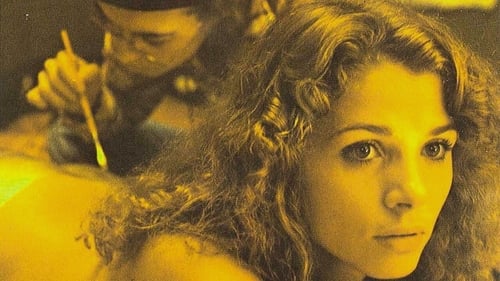
Luys Forest is a writer with a political past Falangist, who lives isolated in a coastal town, writing his memoirs (actually rewriting and adapting his autobiography with the times), and brooding over his failed marriage. His sister is worried about him and decides to send his daughter Mariana on how it is. Mariana comes to town and shake the world of Luys stable with free and uninhibited personality. Soon begins a game of seduction that ends up exposing the intellectual game of Luys.

Ernesto and Marta, a couple of newlyweds who have serious financial problems, are visited by a neighbor asking them to keep a large sum of money at home until she goes to the bank the next day.
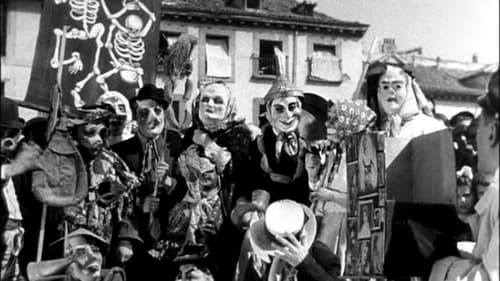
Madrid, Carnival Sunday. A night watchman finds the body of a woman, a rich and greedy moneylender who has apparently been murdered. The prime suspect is a watchmaker who owed her a lot of money.
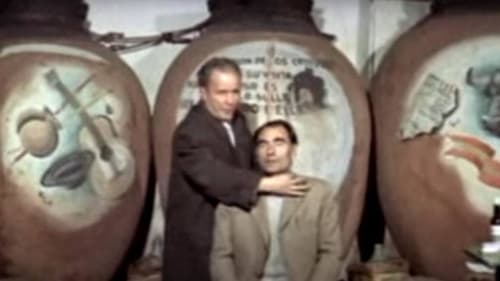
This documentary, filmed clandestinely, is based on several interviews with the executioners who worked in Spain during the early 1970s, as well as families of people executed by them.
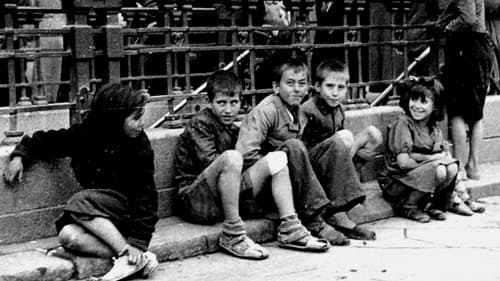
A particular reading of the forties and fifties in Spain, the hard years of famine and repression after the massacre of the Spanish Civil War, using popular culture: songs sung by ordinary people, newspapers and magazines, movies and newsreels; the story of a country torn apart needing to overcome the memory of the war and face an uncertain and painful present.
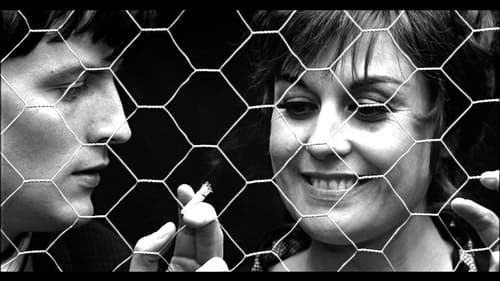
Manuel Jacques Perrin is a young man from the country who tries to make it in Madrid in this somber melodrama. He struggles to survive in the unforgiving city where only the strongest will prosper. Manuel defends himself and kills a murderous thief in a fight then quietly waits for the police to reach the scene of the crime.

In a restaurant they're preparing a grand banquet in honor of a sports association of anglers, but several circumstances seem to have conspired to boycott the event.

Director José Luis Garci has turned his camera inward on filmmakers and screenwriters to portray them as so self-absorbed in the creative process that there is no other world, no other human relationship that can compete. As José (Adolfo Marsillach) and Federico (Jesus Puente) work together on a new screenplay, their interactions with their family (José's teen daughters, Federico's wife) disappear under the all-consuming task of creation. The daughters give up and go off on their own, and the wife joins a convent while Federico barely notices. And when the producer is interrupted by profound grief at the sudden death of his older son, he almost automatically returns to thinking about the film project when the funeral has ended. Garci honors many great directors at the beginning of this film, and the film continues to play out as an elaboration on this homage -- an illustration both of the dedication and the cost of filmmaking, no judgments given.

Finished their careers of Law and Medicine, respectively, Antonio Redondo and Josefina Castro, a pair of young Spanish newlyweds, are looking for work to buy an apartment and start a life together, but they will face enormous difficulties throughout the process.
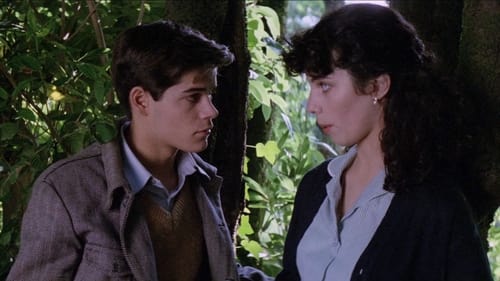
April, 1940. Manolo, 16 years old, and Jesus, who is just 8, are taken by their older brother Pepe, a lieutenant in the Army, to a sanatorium for children suffering from tuberculosis, situated on the border with Portugal. Once in the sanatorium, Manolo, surrounded by boys all much younger than he is, feels a bit like the cock of the walk since the only other man around is the handyman Emilio who looks after the gardens and does whatever needs to be done about the place. His wife, Rafaela, is the cook. Manolo meets Irene, a falangist who runs the sanatorium, and the school teacher, Miss Transito, a crabby spinster. He has his first sexual experience, albeit as a voyeur, with his nurse Vicenta. When she has to leave, her place is taken by a girl from the village, Maria Jesus, with whom Manolo falls hopelessly in love. A relationship grows up between them which will mark them both for ever.








